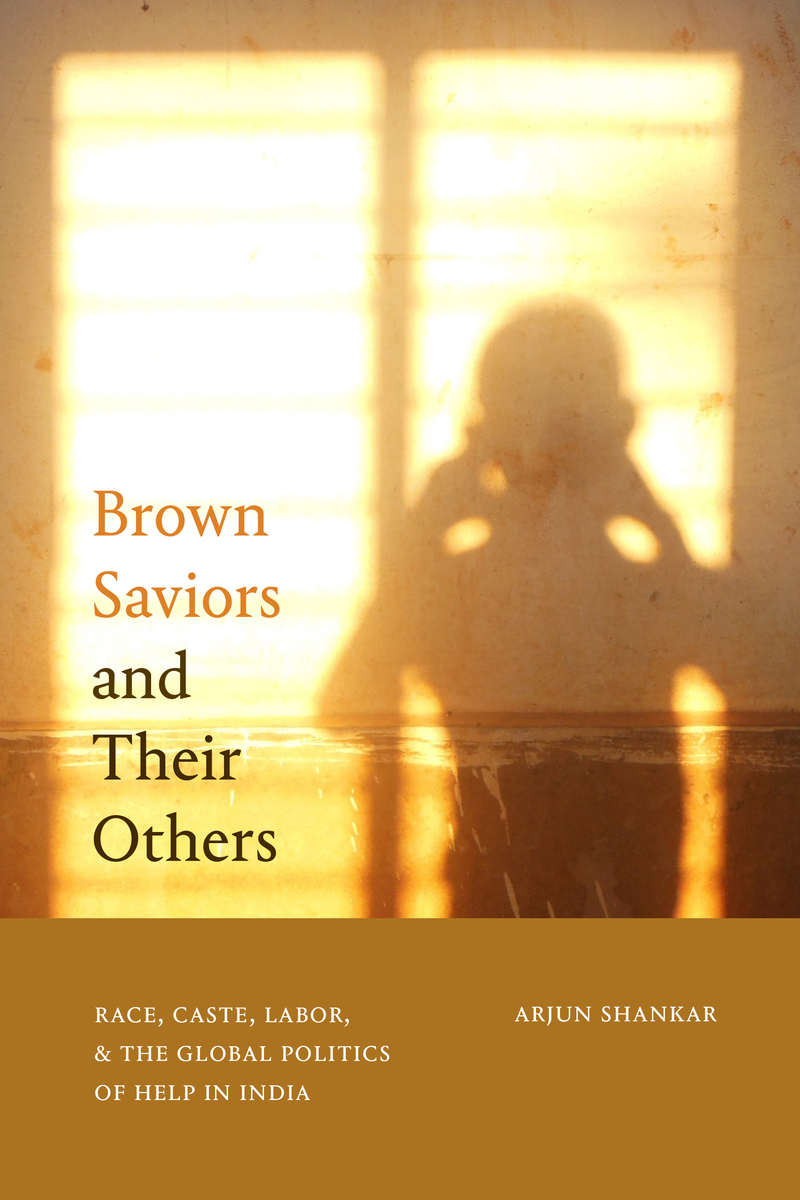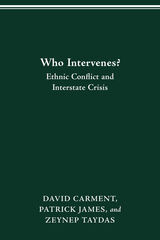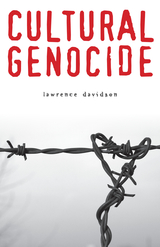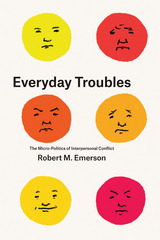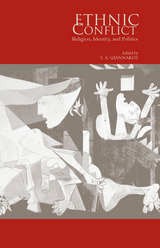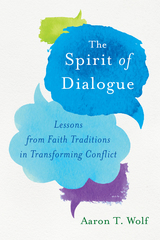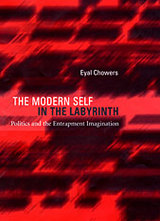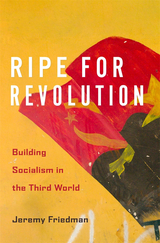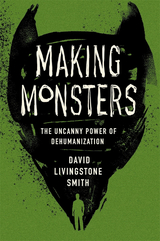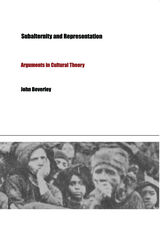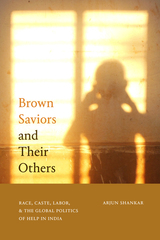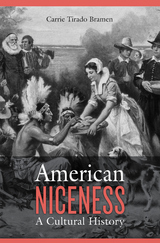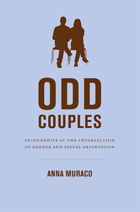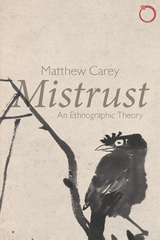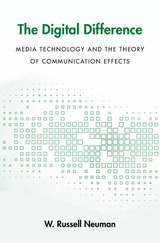Brown Saviors and Their Others: Race, Caste, Labor, and the Global Politics of Help in India
Duke University Press, 2023
eISBN: 978-1-4780-2711-9 | Cloth: 978-1-4780-2011-0 | Paper: 978-1-4780-2509-2
Library of Congress Classification HM1146.S54 2023
See other books on: Altruism | Asian Studies | Marginality, Social | Public welfare | Social policy
See other titles from Duke University Press
eISBN: 978-1-4780-2711-9 | Cloth: 978-1-4780-2011-0 | Paper: 978-1-4780-2509-2
Library of Congress Classification HM1146.S54 2023
ABOUT THIS BOOK | AUTHOR BIOGRAPHY | REVIEWS | TOC | REQUEST ACCESSIBLE FILE
ABOUT THIS BOOK
In Brown Saviors and Their Others Arjun Shankar draws from his ethnographic work with an educational NGO to investigate the practices of “brown saviors”—globally mobile, dominant-caste, liberal Indian and Indian diasporic technocrats who drive India’s help economy. Shankar argues that these brown saviors actually reproduce many of the racialized values and ideologies associated with who and how to help that have been passed down from the colonial period, while masking other operations of power behind the racial politics of global brownness. In India, these operations of power center largely on the transnational labor politics of caste. Ever attentive to moments of discomfort and complicity, Shankar develops a method of “nervous ethnography” to uncover the global racial hierarchies, graded caste stratifications, urban/rural distinctions, and digital panaceas that shape the politics of help in India. Through nervous critique, Shankar introduces a framework for the study of the global help economies that reckons with the ongoing legacies of racial and caste capitalism.
See other books on: Altruism | Asian Studies | Marginality, Social | Public welfare | Social policy
See other titles from Duke University Press
